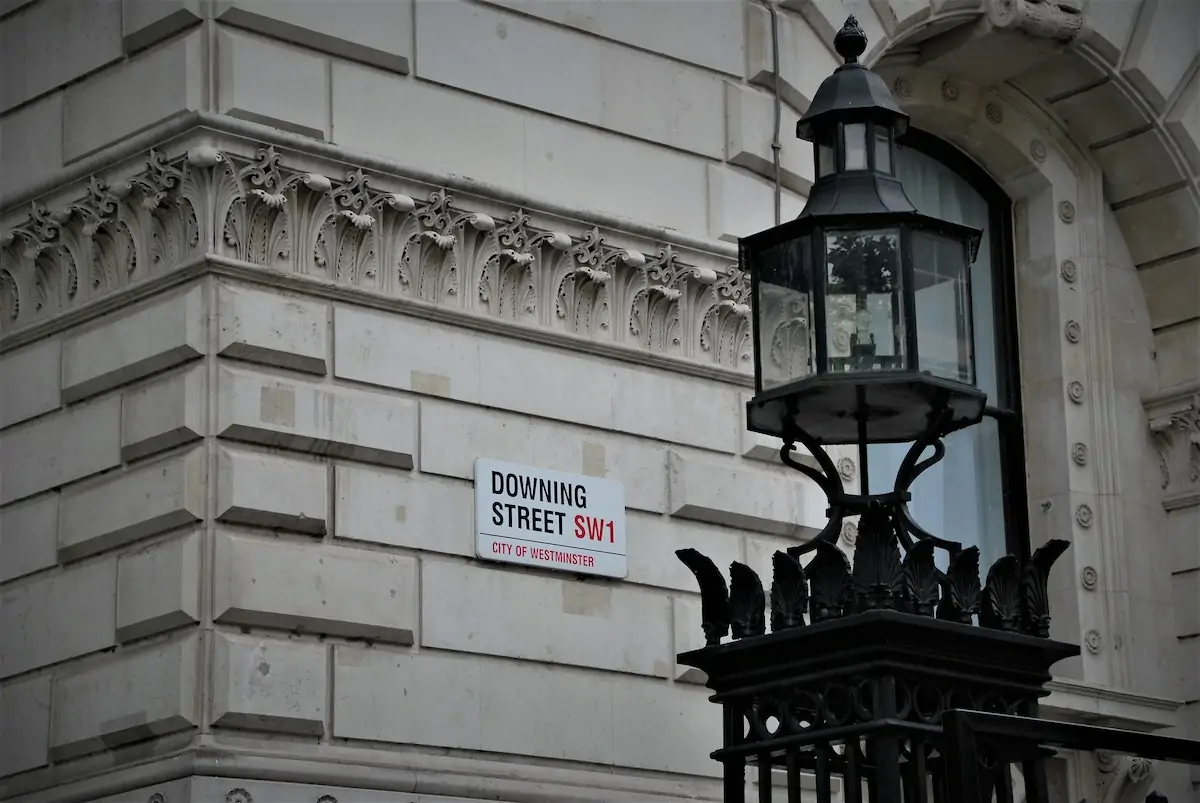
UK Budget Summary 2021: How Will Your Small Business Be Affected?
6 Apr 2021The Spring Budget recognised that the impact of COVID on small business is not yet over. Various support schemes and loans for businesses and the self-employed continue, but, at the same time, the Chancellor has begun to claw back some of the costs of that support with an announcement of future tax rises.
Support for self-employed people continues
But, first the good news. If you’re self-employed, the Self-Employed Income Support Scheme (SEISS) is set to continue until September 2021 in two further stages.
Stage 4 covers the period from the end of February to the end of April and will provide 80 percent of three months’ average trading profits up to a total of £7500. You can claim that as a single grant from the end of April.
In Stage 5, which runs from May to September, HMRC will provide two levels of support, determined by how badly the pandemic has affected your turnover.
-
If your turnover has fallen by more than 30 percent, you will continue to qualify for 80 percent of three months’ average trading profits up to a total of £7500.
-
If turnover has fallen by less than 30 percent, you will be eligible for a payment of 30 percent of three months’ average trading profits up to a total of £2850.
You can claim the stage 5 grant from the end of July.
The scheme has also been extended to include people who are new to self-employment. However, they must have filed a 2019/20 tax return by 2nd March 2020 to qualify for the grant.
Related: Self Assessment: Self-Employed Allowable Expenses
Related: Will I Get A Tax Refund If My Self-Employment Business Loses Money During Covid 19?
Furlough scheme is extended
If you have employees who have been on furlough during lockdown, the good news is that this scheme has also been extended. The Coronavirus Job Retention Scheme will now continue to 30th September 2021 to cover hours that employees can’t work.
The Government will continue to pay 80 percent of wages for hours employees can’t work. But, this scheme is also in two stages:
-
In July, you will have to contribute 10 percent towards the cost of hours not worked.
-
For August and September, your contribution will be 20 percent.
Related: Paying Wages & Sick Pay for Employees During Covid-19
Related: How To Handle Employee Off With Work Related Stress
Changes to the Recovery Loan Schemes
The two original schemes – Coronavirus Business Interruption Loan Scheme and Bounce Back Loan Scheme – end on March 31st. The Government is replacing them with a new ‘Recovery Loan Scheme’ designed to provide support during the recovery phase.
The scheme will provide loans from £25,000 to £10 million, backed by an 80 percent Government guarantee. The loans will be available from a network of approved lenders and the scheme will run from 6th April to 31st December 2021.
Corporation tax to increase
The Chancellor giveth and the Chancellor taketh. It was inevitable that the Government would need to recover some of the funds used to support business through the pandemic. Aside from personal tax issues, the Chancellor has decided to raise Corporation Tax on profits from 19 percent to 23 percent in April 2023.
However, if your annual profits are below £50,000, the rate will stay at 19 percent.
Support for specific types of business
The Chancellor announced that the business rates holiday would continue for eligible businesses in retail, hospitality and leisure in England until the end of June 2021. After June, eligible companies would qualify for a 75 percent discount on business rates until the end of 2021.
VAT rates for hospitality firms will remain at 5 percent until September 2021, increasing to 12.5 percent for the following six months.
There are also a number of grants available to help with reopening:
-
Restart grants totalling £5 billion for shops and other businesses forced to close.
-
Grants of £6000 per premise for non-essential outlets reopening in April 2021.
-
Grants of £18,000 for gyms, personal care providers, hospitality and leisure business reopening in April.
Related: VAT in the food industry
Tax breaks to encourage investment
With conditions easing, the Government is also focusing on business growth and recovery. The Chancellor announced a tax deduction for investments in plant and machinery. This is forecast to cut 25P from the tax bill for every £1 spent on qualifying investments. The resulting reduction in taxable profits should be equivalent to 130 percent of the investment cost.
Accounts & Legal can help
If your business is still struggling - or if you could just use some help understanding the Budget changes - we have experienced and knowledgeable small business accountants who can help.
At Accounts & Legal, we can help you with all aspects of forecasting, tax, and getting back on top of any financial issues caused by COVID-19. We also have a team of experienced solicitors who can help with legal services such as corporate law, employment law, and commercial law.



















